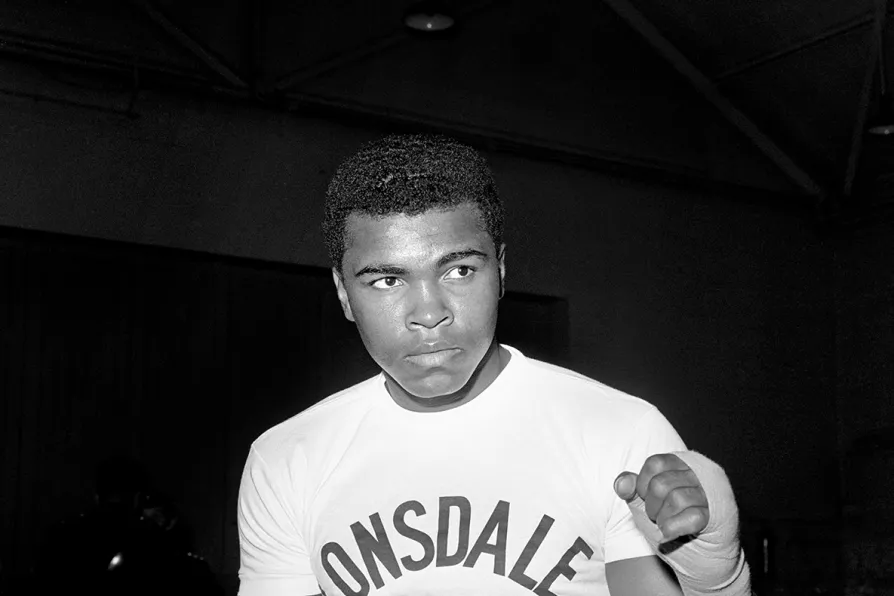From Wearside streets to rings worldwide, the boxer’s journey embodies resilience and the relentless spirit of his city, writes JOHN WIGHT

 REGRETFUL: Muhammad Ali during a training session at the Territorial Army Centre in White City, London in 1963
REGRETFUL: Muhammad Ali during a training session at the Territorial Army Centre in White City, London in 1963
THE news that Scottish film production company, Two Rivers Media, has been commissioned by US broadcaster, the Smithsonian Channel, to make a documentary on Muhammad Ali covering his early transformation from Cassius Clay into Ali — based on the book by Scottish author Stuart Cosgrove — should have fans of The Greatest brimming with anticipation.
The global importance and reach of Ali’s legacy is reflected in the Scottish aspect of this project — ie a book on the man by a Scottish author being made into a two-hour film by a Scottish production company at the behest of a US broadcaster.
But it’s also reflective of the extent to which the life and legacy of Ali continues to resonate, and perhaps even more, with the passage of time.

JOHN WIGHT tells the riveting story of one of the most controversial fights in the history of boxing and how, ultimately, Ali and Liston were controlled by others












